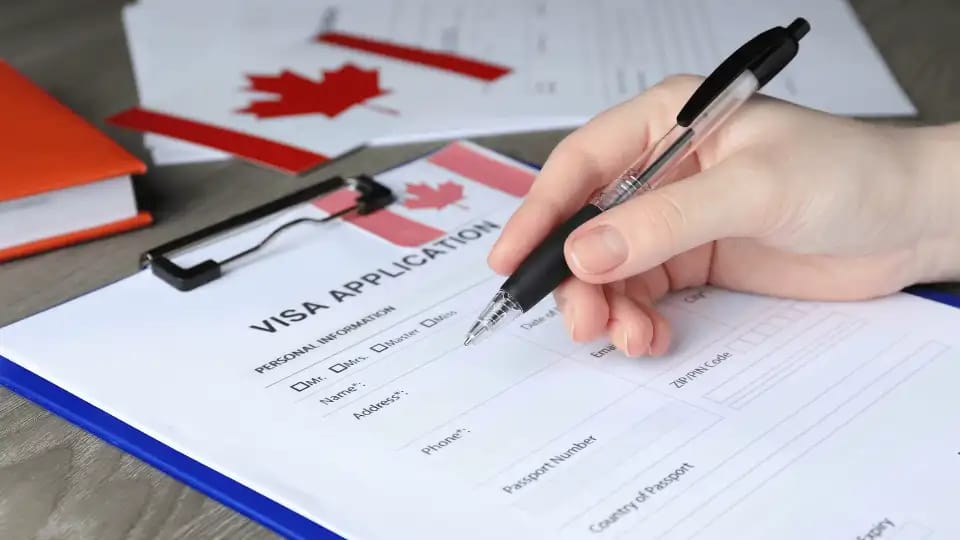What is the Start-Up Visa?
Canada’s Start-Up Visa (SUV) grants permanent residence to founders building an innovative, scalable business that is supported by a government-designated organization (incubator, angel group, or venture capital fund).
Who qualifies?
Innovative business concept, a Letter of Support (LoS) from a designated organization, CLB 5 language ability, sufficient settlement funds, and an intention to live outside Québec.
Core eligibility
- Letter of Support (LoS) from a designated incubator, angel group, or VC fund. The organization also sends a Commitment Certificate directly to IRCC.
- Qualifying business that can create jobs in Canada and compete globally.
- Ownership & control meeting SUV voting-rights rules (see below).
- Language: at least CLB 5 in English or French.
- Settlement funds sufficient for family size.
- Admissibility: medical, biometrics, police certificates, and background checks.
Designated organizations (DOs)
Canada authorizes three DO types to issue Letters of Support.
Incubators
Best for early-stage teams seeking programming, mentorship, and community. Selection typically considers founder/market insight, execution plan, and the Canadian jobs angle.
Angel groups
Focus on early financing and mentor networks. Many expect evidence of traction (paying users, pilots, LOIs) and a clear plan for use of funds in Canada.
Venture capital funds
Back companies with significant market potential and scalable models. VCs evaluate team quality, defensibility, path to scale, and whether core operations will be built in Canada.
Essential vs non-essential applicants
Up to five owners can be included. A DO may mark founders as essential. If an essential founder’s application is refused or withdrawn, the entire file can be refused.
Ownership & control — quick rules
- Each applying founder must hold ≥ 10% of the voting rights.
- All applying founders plus the designated organization(s) must jointly hold > 50% of the voting rights.
- Maintain qualifying ownership and control from application to landing.
- Incorporate in Canada (usually during/after DO process) and carry on business in Canada.
Language & funds
Practical checklist
Target CLB 5 (many use IELTS General). Keep settlement funds liquid and verifiable. Align the cap table to SUV thresholds, document roles/vesting, and keep founder employment agreements tidy.
Language (CLB 5)
CLB 5 corresponds to a modest intermediate ability in listening, speaking, reading, and writing. Most founders meet it with IELTS General, CELPIP, TEF, or TCF. Always confirm the official CLB conversion when booking.
Settlement funds
IRCC updates minimum funds annually. Treat the table as a floor; founders with dependants or higher burn should plan above the minimum. Funds must be readily available and traceable.
Step-by-step: from idea to PR
- Shape a qualifying business — Problem, solution, target market, moat, and your Canada plan (hiring, R&D, partnerships). Prepare a lean business plan and a 10–12 slide deck.
- Engage designated organizations — Shortlist relevant incubators/angels/VCs. Tailor the deck, highlight traction and planned Canadian activities, and prepare for diligence (market sizing, GTM, IP/tech, cap table, references).
- Secure the Letter of Support — On acceptance, your DO issues an LoS to you and files a Commitment Certificate with IRCC. Confirm if any founders are marked essential.
- File the PR application — Submit forms, LoS, police certificates, medicals/biometrics, language proof, and settlement funds. Keep corporate records (share registers, resolutions) organized.
- (Optional) Work permit — Some founders obtain an LMIA-exempt work permit (SUV stream or other C-codes) to build in Canada while PR is processing.
Documents you’ll prepare
- Passports and civil-status documents for all applicants.
- Language test results meeting CLB 5.
- Proof of settlement funds (bank letters/statements).
- Police certificates, medical exams, and biometrics.
- Corporate set: articles, share register/cap table, founder agreements, option/vesting docs, IP assignments.
- Business evidence: deck, plan, traction (users, pilots, contracts), Canada activity plan.
- Letter of Support (your copy) and DO Commitment Certificate (sent by DO to IRCC).
Processing & timeline
SUV is not a fast-track by default. Timelines vary by DO evaluation, founder readiness, and IRCC queues. Founders who must start in Canada sooner often use a temporary work permit while PR runs in parallel.
Keep your file current
Update IRCC if you change roles, ownership, address, or family composition. Notify your DO of major milestones; they may be contacted by IRCC.
Costs & fees (typical buckets)
- IRCC application fees and biometrics for each applicant.
- Medical exam and police-certificate costs.
- DO program fees or investment terms (varies by organization).
- Company formation, tax, and legal housekeeping in Canada.
After PR — what to expect
- PR card on landing and access to provincial health coverage (after any applicable waiting period).
- Ability to live and work anywhere in Canada except Québec (SUV is a federal program outside Québec).
- Keep residency days to maintain PR; citizenship may be available after meeting physical-presence rules.
Common pitfalls
- Rushing DO outreach with a generic deck and no Canada plan.
- Cap tables that fail the 10% and >50% voting-rights rules.
- Settlement funds that are locked, untraceable, or below the annual minimum.
- Language results below CLB 5 or expired test reports.
- Marking a clearly non-critical founder as essential.



